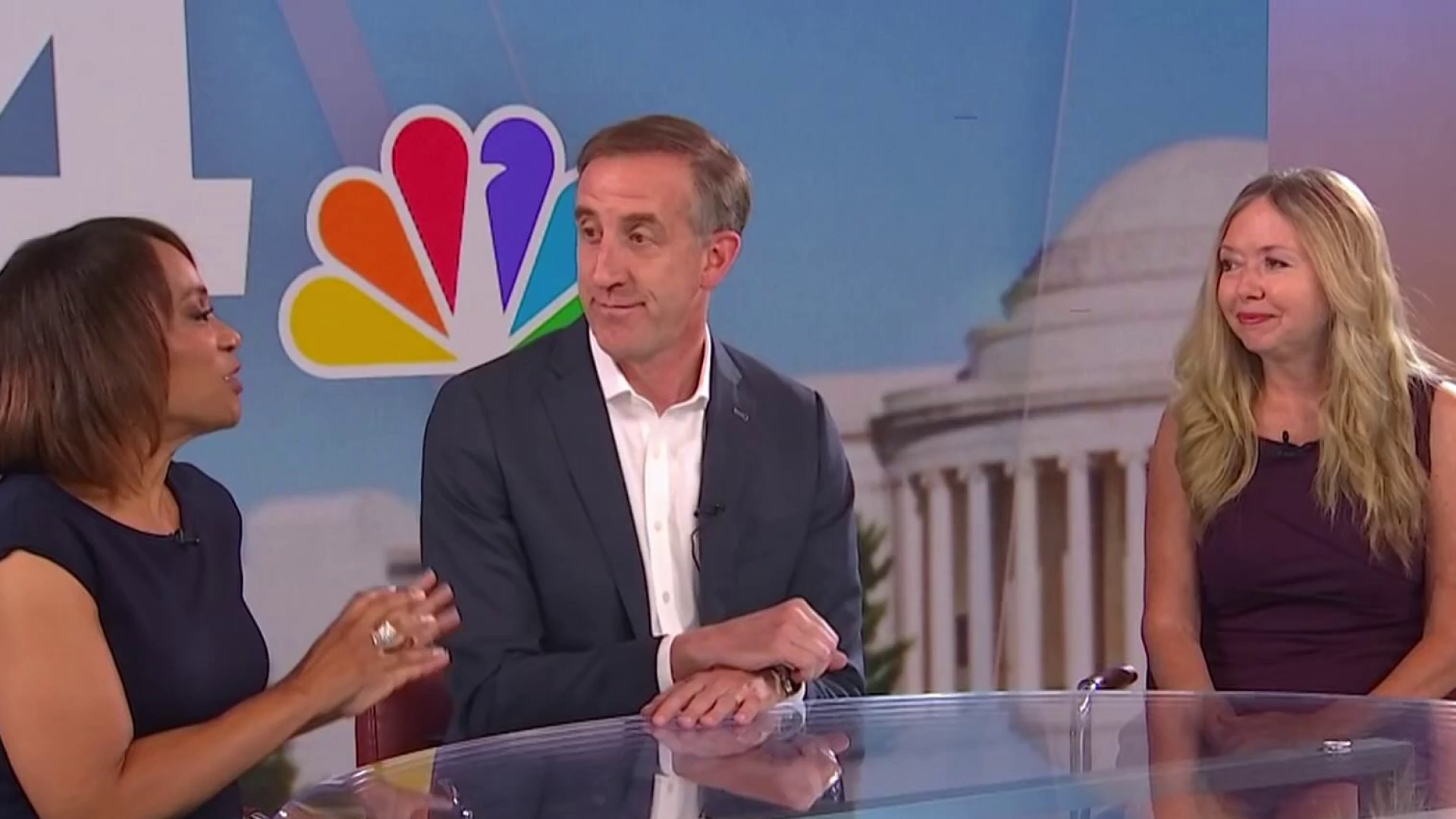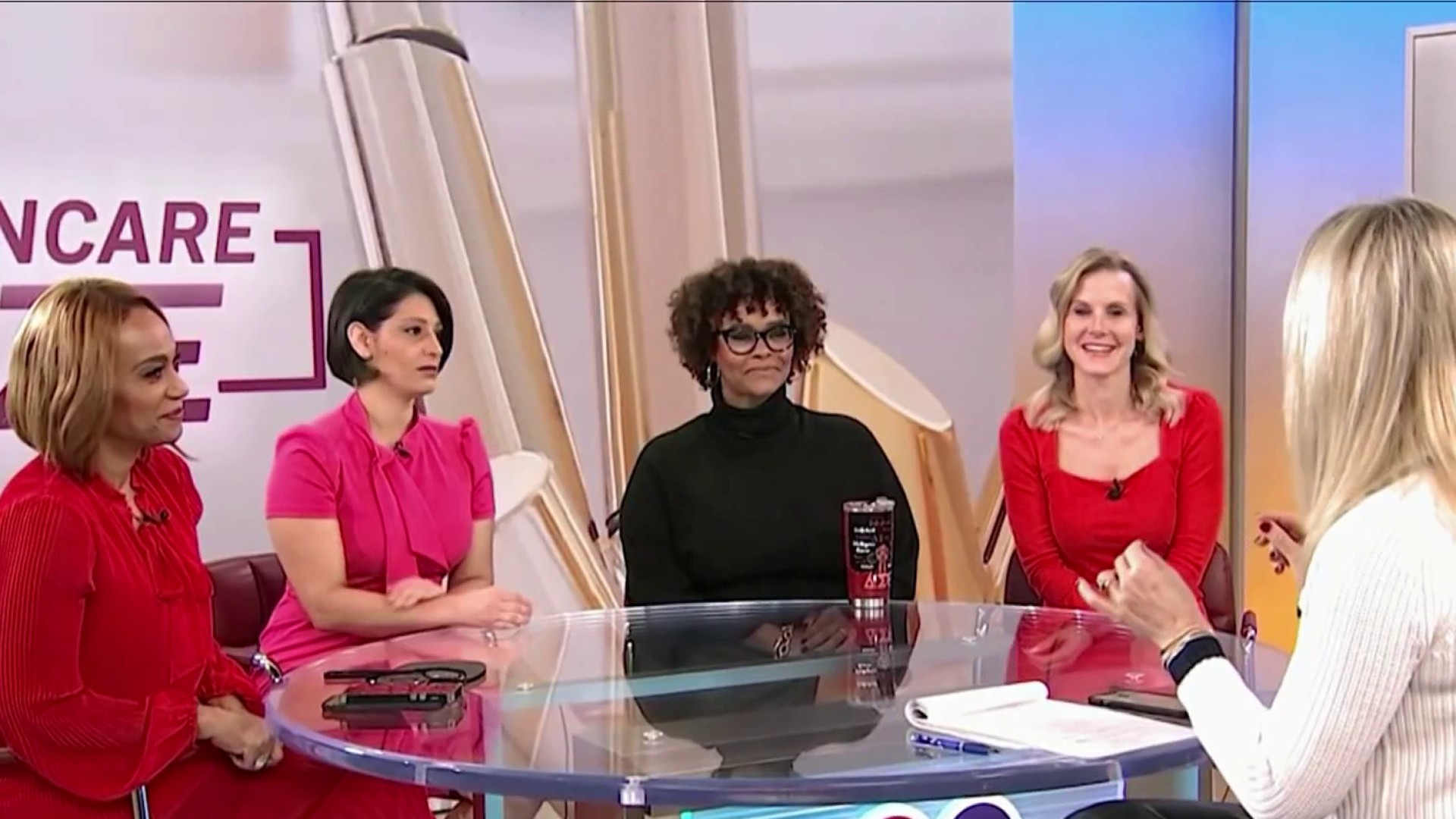Whether it’s for friends, grandparents or the masses, parents are sharing info and intel about their kids on social media.
"Parents are coming from a good place. They're excited about their kids. They are proud of their kids," Dr. Asha Patton-Smith said. "The challenge with just sharing your kids and their information online is that it's not private."

Patton-Smith, a child and adolescent psychiatrist with Kaiser Permanente, says "sharenting" is trending — and not in a good way.
There can be issues with cyber bullying or … child predators that are on the internet all the time. As they're getting older, applying for jobs or going to college, that may not be something that they would want shared or want on the internet for people to see publicly.
Dr. Asha Patton-Smith
According to a survey from security.org on parents' social media habits:
- More than 75% of parents share photos and stories of their kids online.
- But less than a quarter of parents always get their kids' permission before posting about them on social media.
- About a third never ask for their kids' permission.
- Nearly eight in 10 parents have followers they’ve never met.
- And nearly a quarter have public settings on their social media.
While the idea may seem innocent, Patton-Smith advises parents to think before they post, especially parents of young girls or adolescent children.
"The internet's tough. There's a lot of information that kids are getting and a lot of it can affect their self-esteem, can make them more anxious, can lead to depression," Patton-Smith said.
"If we're not getting likes — 'What's wrong with this? What's wrong with me?' And when we have kids, especially in that middle school and on age that have very fragile self-esteem, those are the types of things you have to keep in mind when you're posting these things," she said.
One way parents can establish healthy boundaries is to talk to their children about consent and how posting on social media makes them feel.
"Read the room as a parent. Know your kid; be in tune with your kid. If it's something they're not comfortable with, just don't post it," Patton-Smith said.

Experts say setting social media accounts to private and avoiding sharing personal information, especially their location, can protect children.
Patton-Smith suggests parents further protect their kids' privacy and identity by using emojis to cover their faces in photos they post online.



